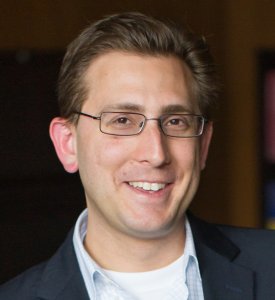Presented By: Department of Economics
Skills, Majors, and Jobs: Does Higher Education Respond?
Brad Hershbein, W. E. Upjohn Institute for Employment Research (with Johnathan G. Conzelmann, Steven W. Hemelt, Shawn Martin, Andrew Simon, and Kevin M. Stange)

How do college students and postsecondary institutions react to changes in skill demand in the U.S. labor market? This relationship is of vital interest, shaping our understanding of skill shortages, earnings inequality, and productivity. Using a novel measure of labor demand at the institution-major level that combines online job ads, geographic locations of alumni from a professional networking platform, and a shift-share instrument, we quantify the magnitude and nature of educational investment response to shifts in labor market demand across undergraduate programs at 4-year colleges and universities in the U.S. over the past decade. We examine response not only through degrees awarded, as in some prior research, but also through credits taken and the allocation of institutional resources. We explore heterogeneous responses by college and program characteristics and investigate sensitivity to lag structure. We estimate elasticities for undergraduate degrees centered around 1.3, generally increasing with time horizon. Changes in undergraduate course credits and non-tenure-track faculty allocations partially mediate the overall degree production response. We document substantial heterogeneity in responsiveness by field of study, with the social sciences, health, and communications displaying the most elastic responses to changes in skill demand. Finally, responsiveness is relatively greater at less-selective and less-research-intensive institutions and among programs with below-median instructional costs.